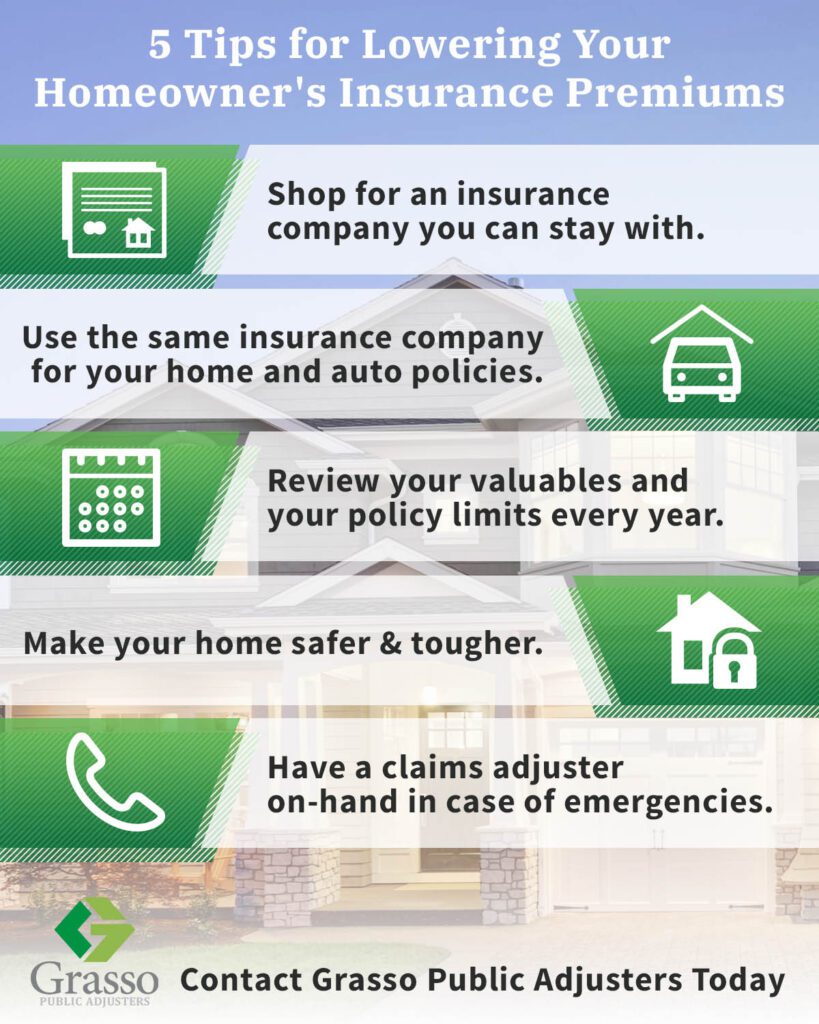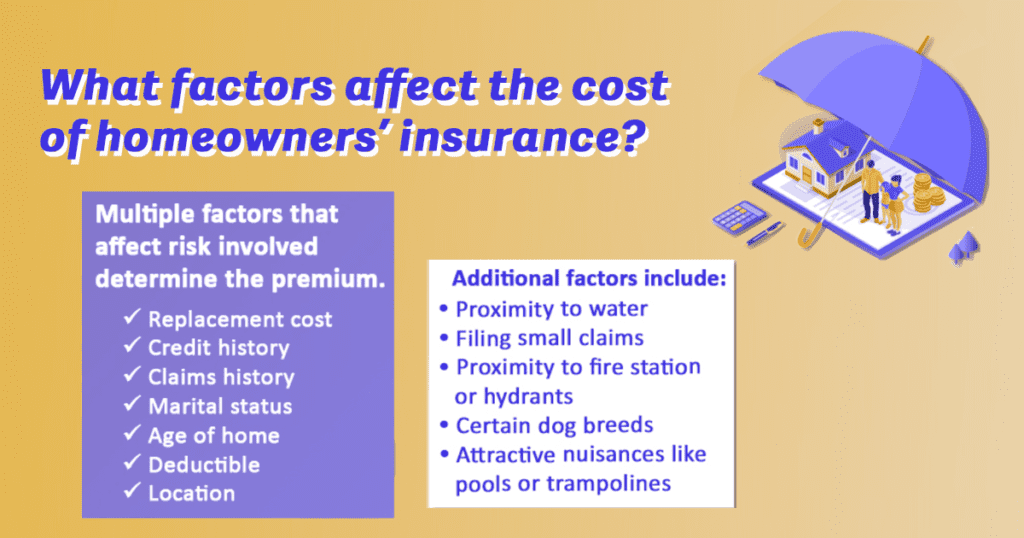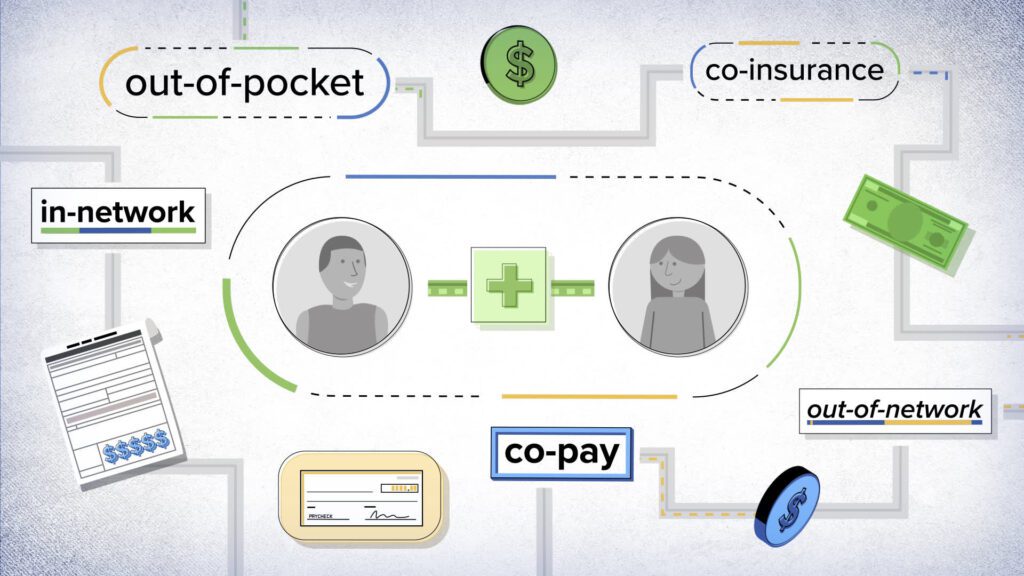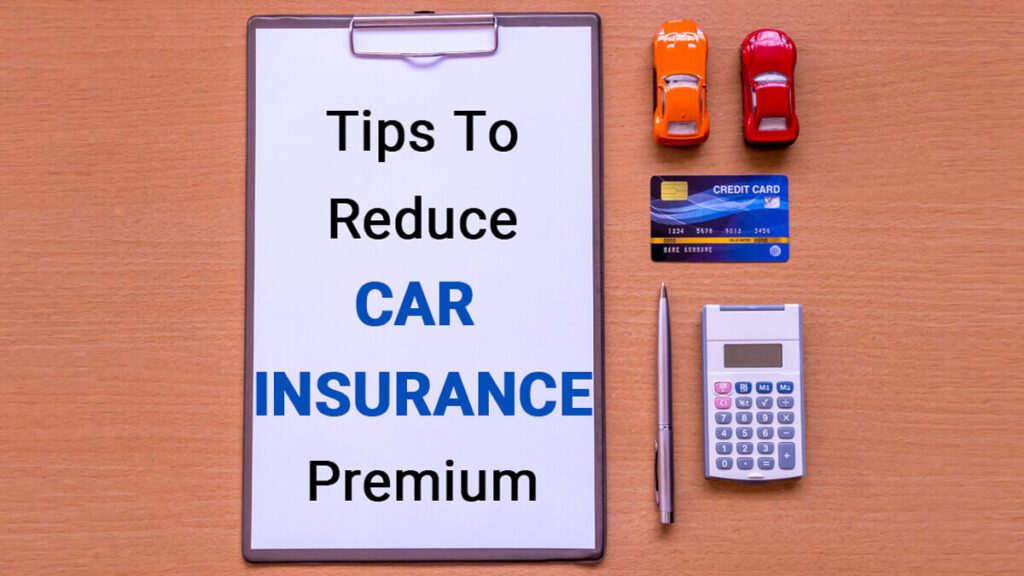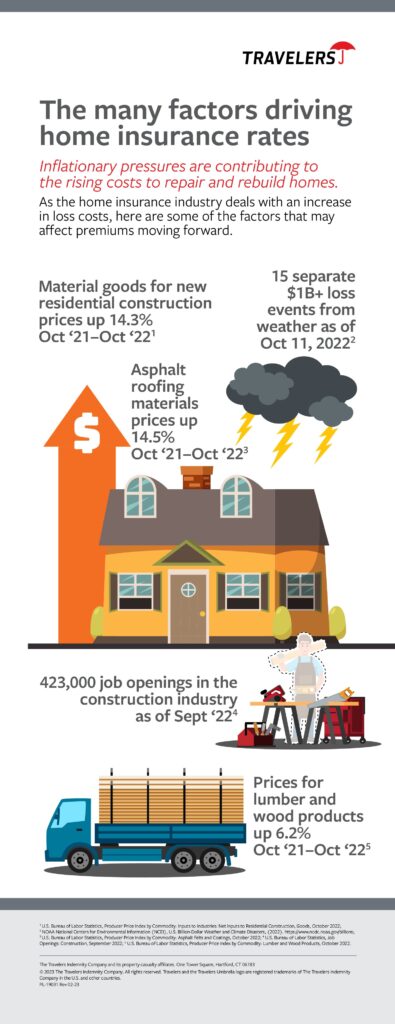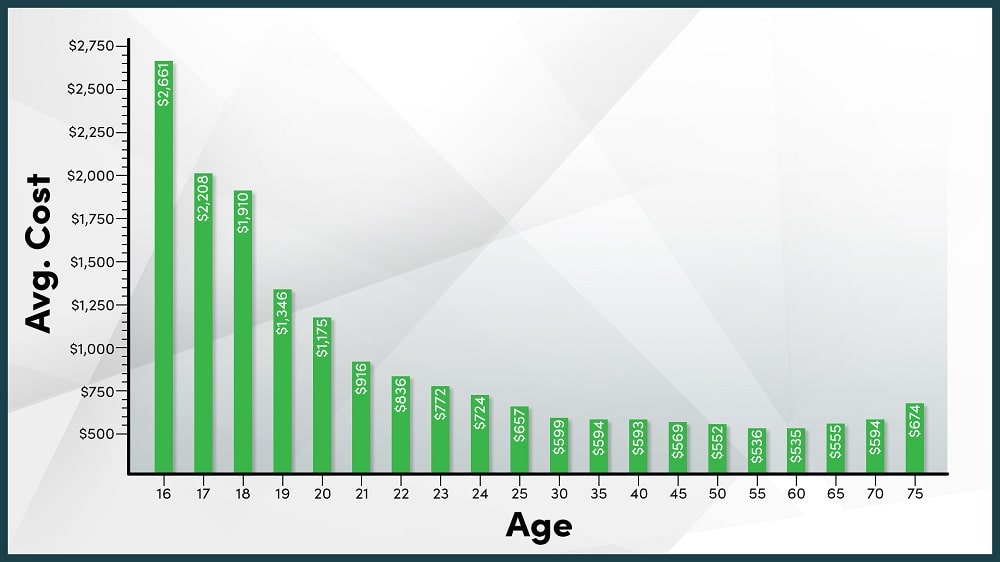Imagine you come home after a long day, only to find your house has been severely damaged by a sudden flood. Your heart sinks, and you’re left wondering how you will ever recover from this unexpected disaster. This is where homeowners insurance becomes crucial. It provides financial protection for your home and belongings, but what is the most important part of this insurance? In this article, we will explore the key component of homeowners insurance that ensures your peace of mind in times of uncertainty.


Coverage for Dwelling
What is coverage for dwelling?
Coverage for dwelling refers to the portion of your homeowners insurance policy that protects the physical structure of your home, including the walls, roof, foundation, and attached structures like a garage or deck. It provides coverage for damage caused by certain perils, such as fire, windstorms, vandalism, or theft.
Why is it important?
Coverage for dwelling is crucial because your home is likely one of your most valuable assets. It helps ensure that in the event of damage or destruction, you have financial protection to repair or rebuild your home. Without adequate coverage, you could be left facing significant financial burden.
What does it cover?
Coverage for dwelling typically includes repairs or rebuilding costs, up to the policy’s coverage limit. It may also cover additional expenses, such as debris removal, building code upgrades, or temporary accommodation during repairs. It is important to review your policy for specific details as coverage may vary.
How is coverage determined?
The coverage for dwelling is typically determined by the estimated replacement cost of your home. Insurance companies consider factors such as square footage, construction materials, age of the home, and local building costs. It’s important to regularly review and update your coverage to ensure it adequately reflects any changes to your home’s value.
What are the limits and deductibles?
Coverage limits and deductibles for dwelling vary depending on your policy and insurer. The coverage limit represents the maximum amount the insurance company will pay for covered damages, while the deductible is the amount you must pay out of pocket before your insurance coverage kicks in. It’s important to choose coverage limits and deductibles that align with your needs and budget.
Coverage for Other Structures
What is coverage for other structures?
Coverage for other structures is a component of homeowners insurance that provides protection for structures on your property that are not attached to your main dwelling. This can include structures like fences, sheds, detached garages, or even a gazebo.
Why is it important?
Coverage for other structures is essential because these structures can also represent a significant investment. Without proper protection, unexpected damage or destruction of these structures could result in costly repairs or replacement expenses.
What does it cover?
Coverage for other structures typically includes repairs or rebuilding costs for covered perils, such as fire, vandalism, or theft. However, coverage is usually limited to a certain percentage of the total coverage limit for your dwelling. It’s important to review your policy to understand the specific coverage details and limitations.
How is coverage determined?
The coverage for other structures is usually a percentage of the coverage limit for your dwelling, typically ranging from 10% to 20%. For example, if your dwelling coverage limit is $500,000, and your policy provides 10% coverage for other structures, you would have coverage up to $50,000 for these structures. Review your policy to confirm the coverage percentage.
Are there any limits?
Yes, there are usually limits to coverage for other structures. You may find that certain structures, such as fences or outdoor equipment, have lower coverage limits compared to more substantial structures like detached garages. It’s important to review your policy and consider additional coverage if you have structures that require higher limits.
Coverage for Personal Property
What is coverage for personal property?
Coverage for personal property is an essential component of homeowners insurance that protects your belongings inside your home in the event of damage or loss due to covered perils, such as fire, theft, or vandalism. This coverage extends to items like furniture, appliances, electronics, clothing, and more.
Why is it important?
Coverage for personal property is important because it helps you replace or repair your belongings if they are damaged, destroyed, or stolen. Losing valuable items can be financially devastating, and having this coverage provides peace of mind knowing that you have financial protection.
What does it cover?
Coverage for personal property typically extends to a wide range of belongings, including furniture, appliances, electronics, clothing, jewelry, artwork, and more. However, it’s important to review your policy as certain high-value items like jewelry or artwork may have coverage limits, and additional coverage may be necessary.
How is coverage determined?
The coverage for personal property is generally a percentage of the coverage limit for your dwelling, commonly ranging from 50% to 70%. For example, if your dwelling coverage limit is $500,000, and your policy provides 50% coverage for personal property, you would have coverage up to $250,000 for your belongings. Review your policy for the specific coverage percentage.
What are the limits and deductibles?
Coverage limits and deductibles for personal property vary depending on your policy and insurer. The coverage limit represents the maximum amount the insurance company will pay for covered damages to your belongings. Deductibles, on the other hand, are the amount you must pay out of pocket before your insurance coverage applies. It’s important to choose coverage limits and deductibles that suit your needs.
Coverage for Additional Living Expenses
What is coverage for additional living expenses?
Coverage for additional living expenses, also known as loss of use coverage, is an important part of homeowners insurance that helps cover the costs of temporary living arrangements if your home becomes uninhabitable due to a covered peril. This coverage ensures that you do not face undue financial burden during the rebuilding or repair process.
Why is it important?
Coverage for additional living expenses is crucial because it provides financial support for temporary accommodation, meals, and other necessary expenses if you cannot live in your home due to covered damages. Without this coverage, you could be left shouldering the cost of alternative living arrangements on your own.
What does it cover?
Coverage for additional living expenses typically includes the cost of hotels, rent, food, and other reasonable expenses while your home is uninhabitable or undergoing repairs. It’s important to review your policy for specific details as coverage limits and qualifying expenses may vary.
How is coverage determined?
Coverage for additional living expenses is typically a percentage of the coverage limit for your dwelling. Commonly, this coverage is provided at 20% of the dwelling coverage limit. For example, if your dwelling coverage limit is $500,000, you would have coverage up to $100,000 for additional living expenses. It’s essential to review your policy for the specific coverage percentage.
What are the limits and deductibles?
Coverage limits and deductibles for additional living expenses can vary based on your policy and insurer. The coverage limit represents the maximum amount the insurance company will pay for your temporary living arrangements and related expenses. Deductibles, on the other hand, are the amount you must pay out of pocket before your coverage kicks in. Consider your needs and budget when selecting coverage limits and deductibles.
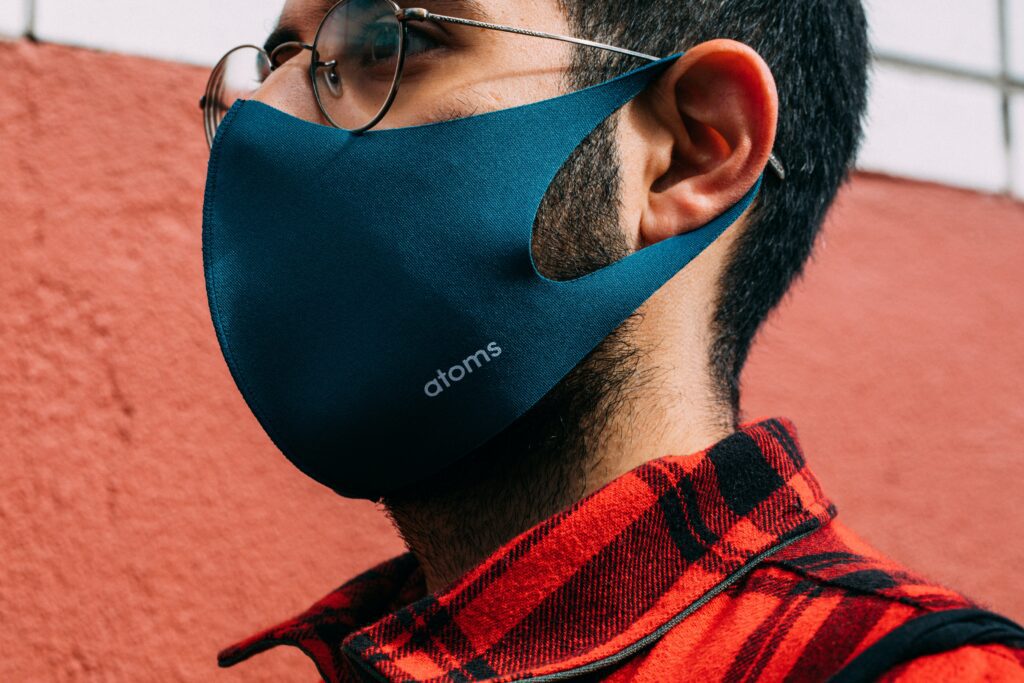

Liability Coverage
What is liability coverage?
Liability coverage is a crucial part of homeowners insurance that protects you financially if you are found legally responsible for causing bodily injury or property damage to others. It provides coverage for legal defense costs, settlement fees, and court judgments, up to the coverage limits specified in your policy.
Why is it important?
Liability coverage is vital because accidents can happen unexpectedly, and you could be held liable for injuries or damages suffered by others on or off your property. Without liability coverage, you may be responsible for covering the costs out of pocket, which can be financially devastating. It provides peace of mind and protects your assets.
What does it cover?
Liability coverage typically includes bodily injury and property damage liability. Bodily injury liability covers medical expenses, lost wages, and legal fees if someone is injured on your property and you are found responsible. Property damage liability covers the repair or replacement costs if you cause damage to someone else’s property.
How is coverage determined?
Coverage limits for liability are typically chosen by you when selecting your homeowners insurance policy. The coverage limit represents the maximum amount the insurance company will pay for covered liability claims. It’s essential to consider your assets and potential risks when deciding on the appropriate coverage limit.
What are the limits and deductibles?
Liability coverage limits and deductibles vary depending on your policy and insurer. The coverage limit represents the maximum amount your insurance company will pay for covered liability claims. Deductibles are the amount you must pay out of pocket before your coverage applies. Consider your needs and potential risks when selecting coverage limits and deductibles.
Medical Payments to Others
What are medical payments to others?
Medical payments to others, also known as guest medical coverage, is a component of homeowners insurance that provides coverage for medical expenses if a guest is injured on your property, regardless of fault. It helps cover necessary medical treatments like hospital bills, doctor visits, and ambulance fees.
Why is it important?
Medical payments to others are important because accidents can happen, and guests on your property may suffer injuries. This coverage ensures that their medical expenses are taken care of, regardless of whether you are liable for the accident. It helps preserve relationships and provides financial support to those in need.
What does it cover?
Medical payments to others typically cover reasonable and necessary medical expenses resulting from an injury sustained by a guest on your property. This can include hospital bills, doctor visits, x-rays, surgery, ambulance fees, and more. Review your policy for specific coverage details and limits.
How is coverage determined?
The coverage for medical payments to others is typically a set amount per person injured, such as $1,000 or $5,000, regardless of fault. The specific coverage limit is chosen by you when selecting your homeowners insurance policy. Review your policy to understand the coverage amount and any additional details.
What are the limits and deductibles?
Medical payments to others generally have a predetermined coverage limit per person injured. This limit can vary depending on your policy and insurer. Unlike other components of homeowners insurance, medical payments to others typically do not have deductibles. Review your policy for specific coverage limits and details.


Additional Coverages
What are additional coverages?
Additional coverages are optional components of homeowners insurance that offer additional protection beyond the standard coverage. They can be added to your policy to address specific risks or enhance your overall coverage.
Why are they important?
Additional coverages are important because they allow you to tailor your homeowners insurance policy to suit your unique needs and circumstances. They provide added protection and peace of mind in situations that may not be covered under the standard policy. Consider the specific risks you may face and the additional coverages that can adequately address them.
Personal liability umbrella policy
A personal liability umbrella policy is an additional coverage option that provides additional liability protection beyond the limits of your homeowners insurance. It offers increased coverage limits, protecting your assets in the event of a significant liability claim. This coverage is particularly useful if you have substantial assets that would be at risk in a liability lawsuit.
Flood insurance
Flood insurance is another vital additional coverage if you live in an area prone to flooding. Standard homeowners insurance policies typically exclude coverage for flood-related damages. Flood insurance provides financial protection against damage caused by rising water levels, ensuring that you can recover from the devastating effects of a flood.
Earthquake insurance
Earthquake insurance is essential if you live in an area prone to seismic activity. Like flood insurance, earthquake damage is typically excluded from standard homeowners insurance policies. Earthquake insurance provides coverage for damages and losses caused by earthquakes, helping you rebuild and recover if such an event occurs.
Exclusions and Limitations
What are exclusions and limitations?
Exclusions and limitations refer to specific conditions and situations that are not covered under your homeowners insurance policy. These are events or circumstances for which you will not receive financial assistance or compensation from the insurance company.
Why are they important?
Exclusions and limitations are essential to understand because they outline the specific risks or events that are not covered under standard homeowners insurance. By knowing the exclusions and limitations, you can make an informed decision about additional coverage options or take appropriate precautions to mitigate risks.
What are typical exclusions?
Typical exclusions in homeowners insurance policies may include intentional acts, normal wear and tear, damage caused by certain natural disasters like floods or earthquakes, and damage caused by your own negligence. It’s important to review your policy or consult with an insurance professional to understand the specific exclusions that apply to your coverage.
What are typical limitations?
Typical limitations in homeowners insurance policies may include coverage limits for high-value items like jewelry or artwork, coverage limits for additional structures on your property, and time limitations for filing claims after an event occurs. Review your policy for specific limitations that may apply to your coverage.


Insurance Policy Riders
What are insurance policy riders?
Insurance policy riders, also known as endorsements, are additions or modifications to your standard homeowners insurance policy. These riders provide additional coverage for specific risks or situations that are not covered under the base policy.
Why are they important?
Insurance policy riders are important because they allow you to customize your homeowners insurance coverage to address your unique needs and circumstances. They provide specialized protection beyond the standard coverage, ensuring that you have the appropriate coverage for specific risks that you may face.
What additional coverage can they provide?
Insurance policy riders can provide additional coverage for a range of circumstances. For example, you may consider adding a rider for sewer backup coverage, identity theft protection, or coverage for home-based businesses. These riders can offer coverage for risks that are not typically included in the standard policy.
How do they affect premiums?
Insurance policy riders may increase your premiums as they provide additional coverage beyond the base policy. The cost of the riders will depend on the specific coverage provided and the insurance company. It’s essential to consider the added benefits and potential costs when deciding whether to include riders in your policy.
Consulting with an Insurance Professional
When should you consult with an insurance professional?
Consulting with an insurance professional is recommended when you are purchasing homeowners insurance for the first time, when you experience life changes that may affect your coverage needs, or when you have questions or concerns about your existing policy. An insurance professional can provide valuable guidance and expertise.
Why is it important?
Consulting with an insurance professional is important because they have in-depth knowledge of insurance policies and regulations. They can help you assess your coverage needs, understand the intricacies of your policy, and provide recommendations that align with your specific circumstances. Their expertise ensures you have the right coverage in place.
What can they help you determine?
An insurance professional can help you determine the appropriate coverage limits for your dwelling, personal property, and liability coverage. They can assess your unique risks, such as location-specific hazards, and recommend additional coverages or policy riders to address those risks. They can also assist in determining suitable deductibles and answer any policy-related questions.
How can they assist with policy selection?
Insurance professionals can assist with policy selection by explaining the details of various coverage options, helping you compare policies from different insurers, and providing insights into the pros and cons of different coverage levels and endorsements. Their expertise allows you to make an informed decision and select a policy that provides optimal protection for your home and belongings.
In conclusion, homeowners insurance provides essential financial protection for your dwelling, other structures, personal property, and liability, as well as additional living expenses and medical payments to others. It is important to understand the different components of homeowners insurance, the coverage provided, and any exclusions or limitations. Consulting with an insurance professional can help ensure you have the right coverage in place and adequately protect your home and assets. Remember, it’s always better to have comprehensive coverage and peace of mind than to face unexpected financial burdens in the event of damage or loss.




